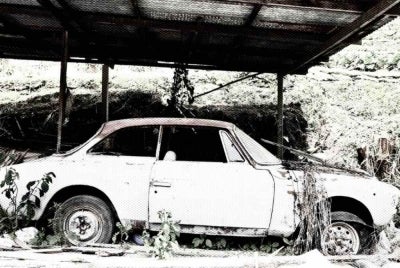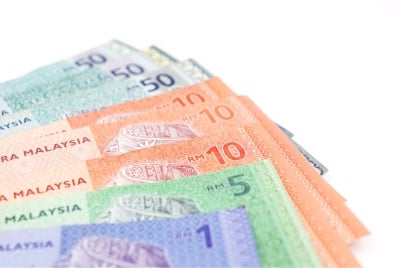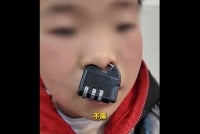Franz Beckenbauer in six key dates

MUNICH - Franz Beckenbauer, who has died at the age of 78, left his mark on world football as a player, coach and administrator.
From his first trophy with Bayern Munich in 1966 to the organisation of the 2006 FIFA World Cup, AFP looks back at six key dates in half a century of soccer.
1970: Fighting on with a dislocated arm in the World Cup On June 17, 1970, Germany faced Italy in the World Cup semi-finals in Mexico City. Shortly after the hour, in an attempt to force a penalty (he only won a free kick), Beckenbauer dived into the Italian box but landed badly on his right arm, dislocating it. West German coach Helmut Schoen had already made his two permitted changes, and the Kaiser carried on. After Karl-Heinz Schnellinger's added-time equaliser, Beckenbauer played on through extra time, his arm in a sling. Gerd Mueller scored twice but Italy scored three times and won 4-3.
1972: Historic Ballon d'Or USSR goalkeeper Lev Yashin (in 1963) had been the only non-attacker to win the Ballon d'Or since its creation in 1956. Beckenbauer, a libero by that stage of his career, changed that when he won in 1972 after leading West Germany to the European title in Belgium in the summer. He edged West Germany team-mates Gerd Mueller and midfielder Guenther Netzer, who tied for second two votes behind. Four years later he won the award for the second time. In the history of the trophy, only two other defenders have won: Germany's Matthias Sammer (1996) and Italy's Fabio Cannavaro (2006).
1974: World title on home soil Born in Giesing, a working-class district in the south of Munich, Beckenbauer first played in the city's Olympic Stadium, built for the 1972 Games, in the 1974 World Cup. Despite a humiliating loss to East Germany in the group stage, the West Germans reached the final against Johan Cruyff's Netherlands and won 2-1. Captain Beckenbauer lifted the trophy in front of 78,200 spectators.
1976: A European treble Beckenbauer also amassed trophies with his clubs. At Bayern Munich he completed a hat-trick of European Champions Cup title in 1976 when Bayern beat Saint-Etienne 1-0 in Glasgow. With Bayern, Beckenbauer added a 13th and final trophy as a player, the Intercontinental Cup, in November 1976.
1990: In the footsteps of Zagallo After Germany bowed out of Euro 1984 in the first round. Beckenbauer who had said he did not want to coach, gave in to the call and took up the post. He led Germany to the final of the 1986 World Cup, where they lost to Diego Maradona's Argentina (3-2). Four years later, in Rome, Germany took their revenge on Argentina, winning the final 1-0. Beckenbauer emulated the Brazilian Mario Zagallo by winning the World Cup as a player and a coach, a feat later achieved by France's Didier Deschamps.
2006: Beckenbauer runs the World Cup Beckenbauer went into administration, becoming president of Bayern. He then headed Germany's bid for the 2006 World Cup, although their 12-11 victory over South Africa in the vote later attracted the attention of Swiss courts, clouding Beckenbauer's reputation. During the event, Beckenbauer was once again the star, flying by helicopter from stadium to stadium, attending 48 of the 64 matches and rubbing shoulders with the world leaders. - AFP
Download Sinar Daily application.Click Here!














